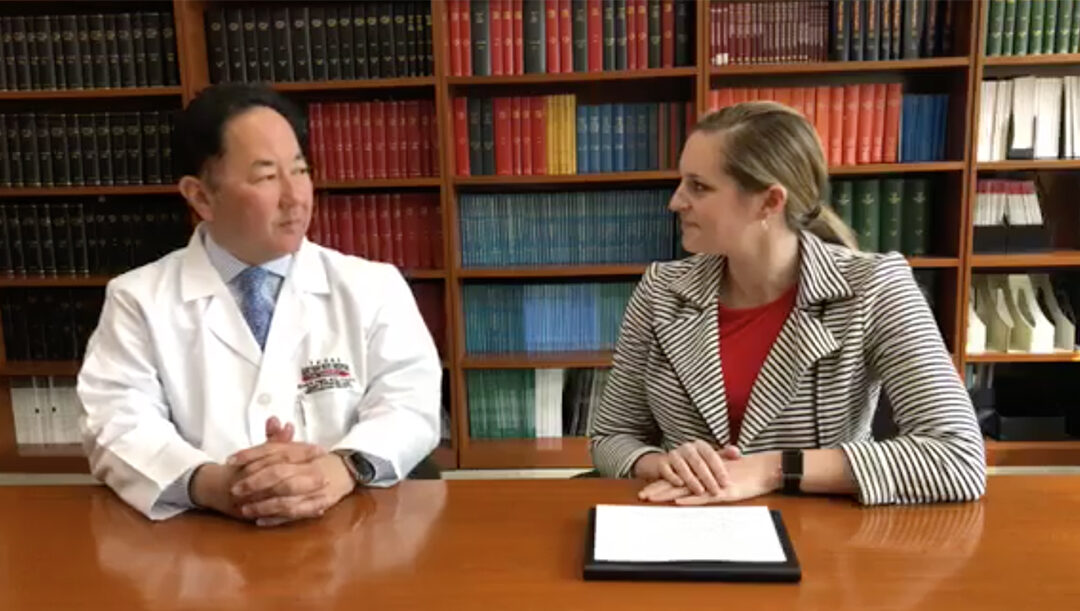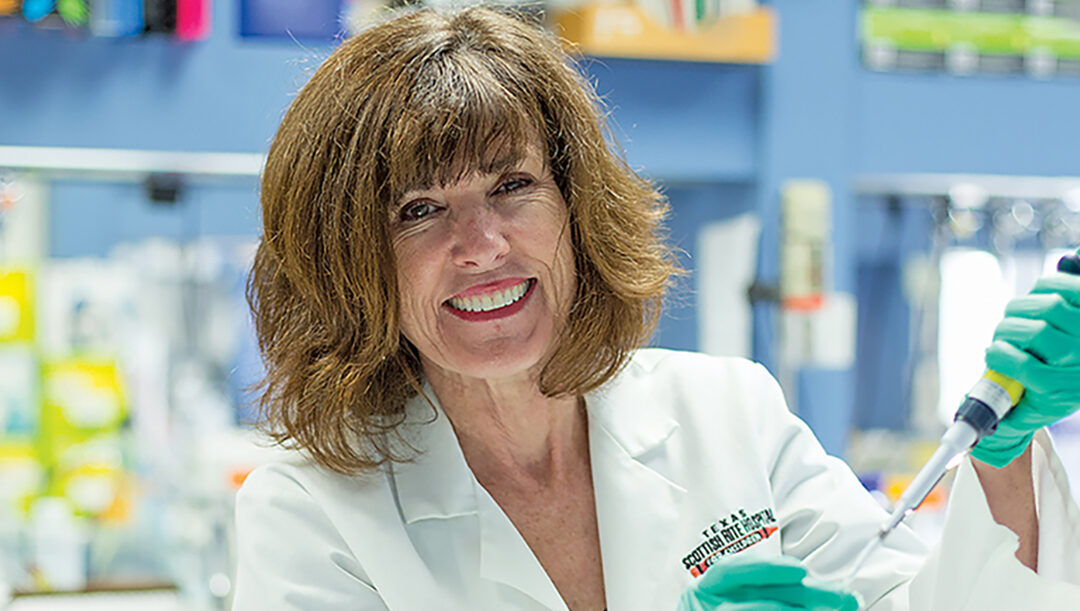
#SRHaccess Facebook LIVE Recap: Overgrowth Related Syndromes
On this week’s #SRHaccess Facebook LIVE, Director of the Center for Excellence in Hand Scott Oishi, M.D., joined us to discuss the hospital’s expertise in caring for children diagnosed with overgrowth related syndromes. Below is a recap of the conversation.
Watch the live segment.
Common overgrowth conditions:
- Macrodactyly – abnormally large fingers and toes caused by an overgrowth of soft tissue and bone.
- An overgrowth related syndrome can affect the upper and lower extremities, as well as muscles throughout the body.
- The overgrowth can have vascular anomalies – an impact to the veins and lymphatic system.
- In the hand, the thumb, index and middle fingers are the most common extremities affected. Those fingers are along the same nerve distribution area.
Fast facts about overgrowth related syndromes:
- Every presentation is different.
- Severe cases where an extremity (arm or leg) is significantly bigger than the other, it is possible for it to be detected on an ultrasound.
- Once a child is born and taken to an orthopedic specialist, the diagnosis can be clear from the physical presentation.
Once diagnosed:
- The hospital’s hand team will counsel the family.
- As of now, research does not show any genetic cause to an overgrowth syndrome. It is also not related to anything the mother did or did not do while pregnant.
- A blood/tissue sample may be taken from the affected extremity to be sent off for genetic testing to see if there is a mutation in the DNA.
- Nothing is done immediately with an infant and the hand experts will observe the patient as they grow.
- If a child is born with an extremely enlarged limb and have rapid overgrowth within their first year of life, a treatment plan will be put in place sooner rather than later.
- In mild cases, the child will be observed until their limb is the size of the same sex parent. From there, the doctor will decide whether intervention is needed, such as surgery.
Learn more about the common hand conditions our experts treat.

